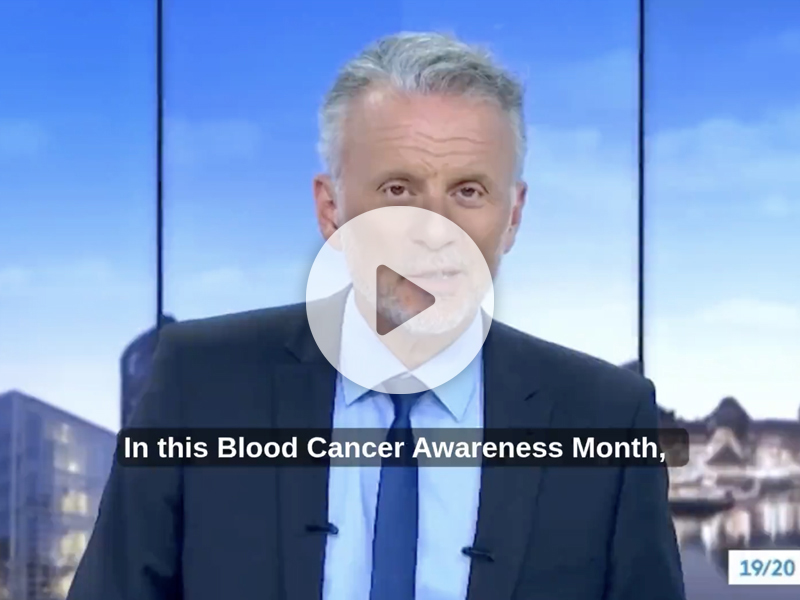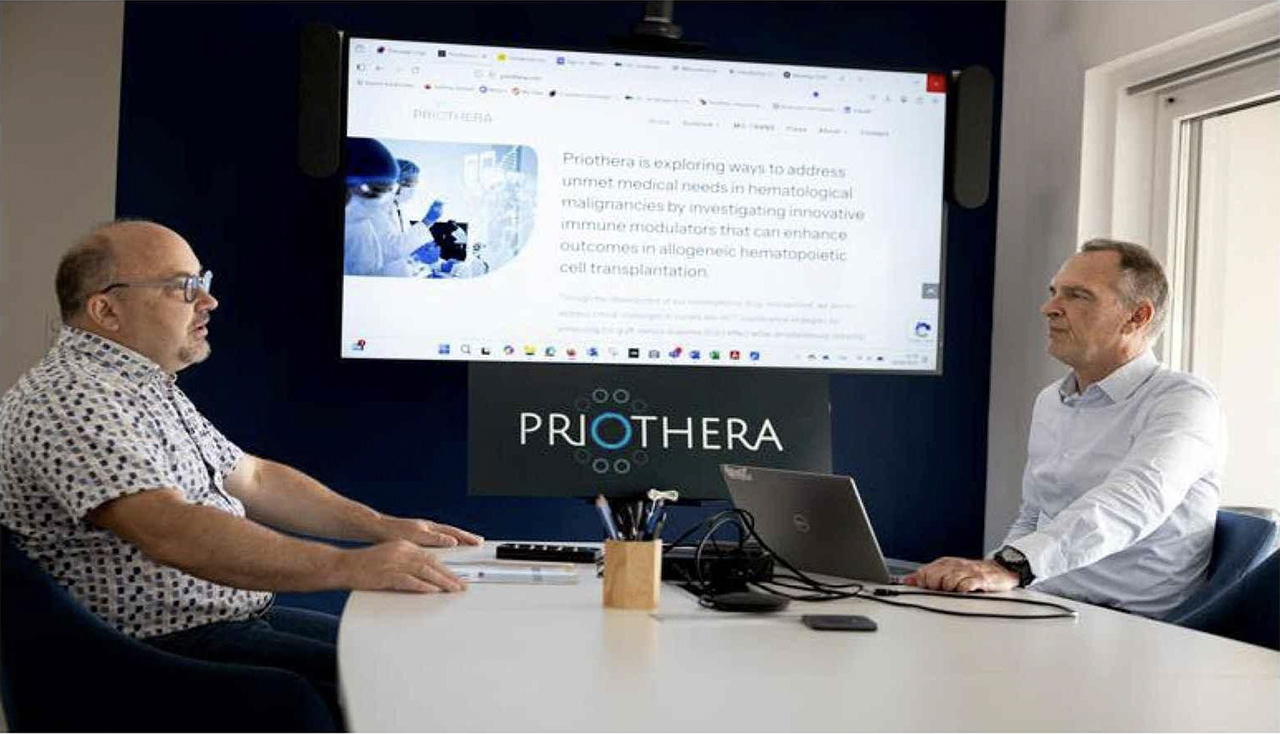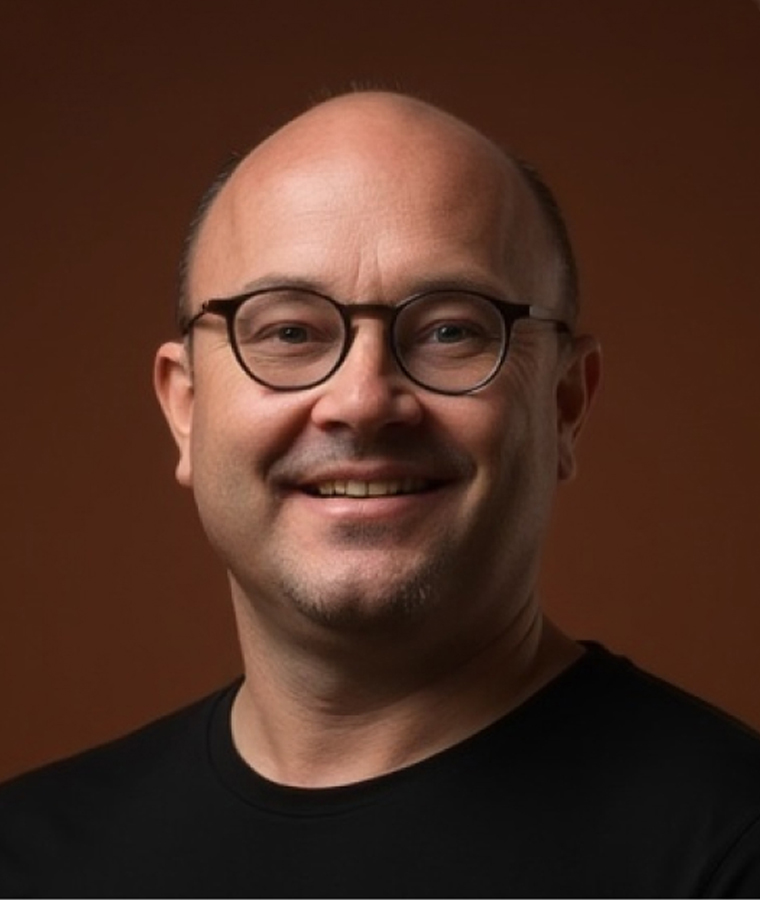
Priothera accélère sur son traitement des cancers hématologiques
Thank you to France Télévisions / France 3 Alsace for highlighting Priothera SAS as part of Red September.
A report to provide an update on the development of our drug candidate, mocravimod, currently in a phase 3 clinical trial for the treatment of acute myeloid leukemia (AML).
Our ambition is to transform the standard of care in cell therapies in hematology-oncology — with the goal of revolutionizing AML maintenance treatment (hashtag#AML).
Florent Gros, our CEO, and Malika Souquières, our clinical lead, present what doctors and patients have been waiting for for a long time: a dual-action therapy that enhances the anti-cancer efficacy of cell treatments while reducing the risk of graft-versus-host (hashtag#GvHD) disease.
About Priothera
Priothera is a late-stage biopharma company pioneering the development of mocravimod, a potential new standard of care in hematologic cancers, in combination with cellular therapies such as hematopoietic cell transplantation and CAR-T cell therapies. Mocravimod is being developed as an adjunctive and maintenance therapy for hematological malignancies, focusing initially on acute myeloid leukemia (AML), in combination with allogeneic hematopoietic cell transplant (allo-HCT). Mocravimod is currently the only treatment with the potential to reduce transplant side effects of graft-versus-host disease (GvHD) without compromising the graft’s anticancer effect against leukemia (Graft-versus-Leukemia, or GvL), thereby enhancing the curative potential of allo-HCT.
Founded in 2020, Priothera operates in France, with headquarters in Dublin. The company is led by a highly experienced management team with deep expertise in hematology, oncology, immunology and cell-based therapies. Priothera is backed by leading international life sciences investors, including Fountain Healthcare Partners, abrdn, EarlyBird Venture Capital, BEI and Bpifrance Grand Est.











Recent Comments